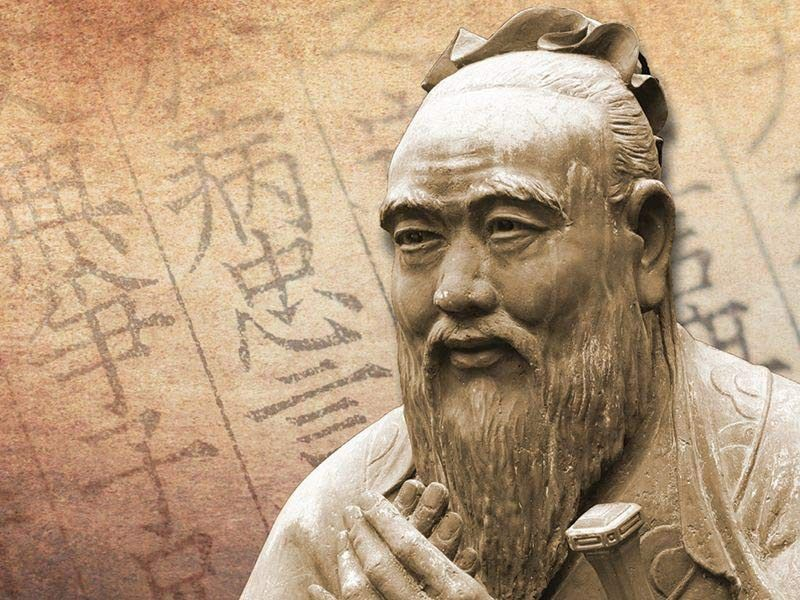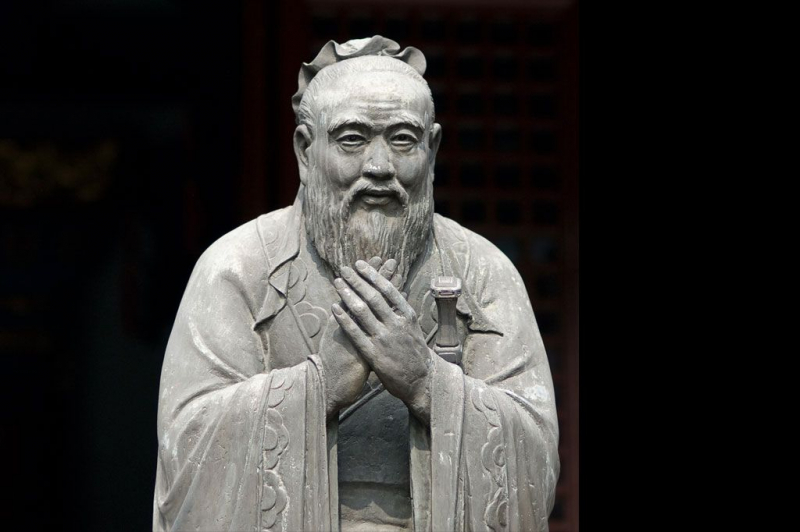Confucian definition
Confucianism is the way of life promoted by Confucius in the sixth and fifth centuries BCE, followed by the Chinese people for over two millennia. Although Confucianism has evolved, it remains the foundation of Chinese learning, the source of values, and the social code. Its influence has also spread to other countries, notably Korea, Japan, and Vietnam.
Confucianism, a Western term with no equivalent in Chinese, is a worldview, a social ethic, a political ideology, a scholarly tradition, and a way of life. Confucianism, sometimes regarded as a philosophy and sometimes as a religion, can be understood as an all-encompassing way of thinking and living that includes ancestor reverence and profound human-centered religiousness.
East Asians may claim to be Shintists, Daoists, Buddhists, Muslims, or Christians, but by declaring their religious affiliations, they rarely cease to be Confucians. Despite being associated with the major historical religions, Confucianism differs from them because it is not organized.
Nonetheless, under the influence of Chinese literate culture, Confucianism spread to other East Asian countries and profoundly impacted spiritual and political life. Confucianism's theory and practice have indelibly marked East Asian government, society, education, and family patterns.
Although it is an exaggeration to call traditional Chinese life and culture Confucian, Confucian ethical values have served as a source of inspiration and a court of appeal for human interaction between individuals, communities, and nations in the Sinitic world for well over 2,000 years.












